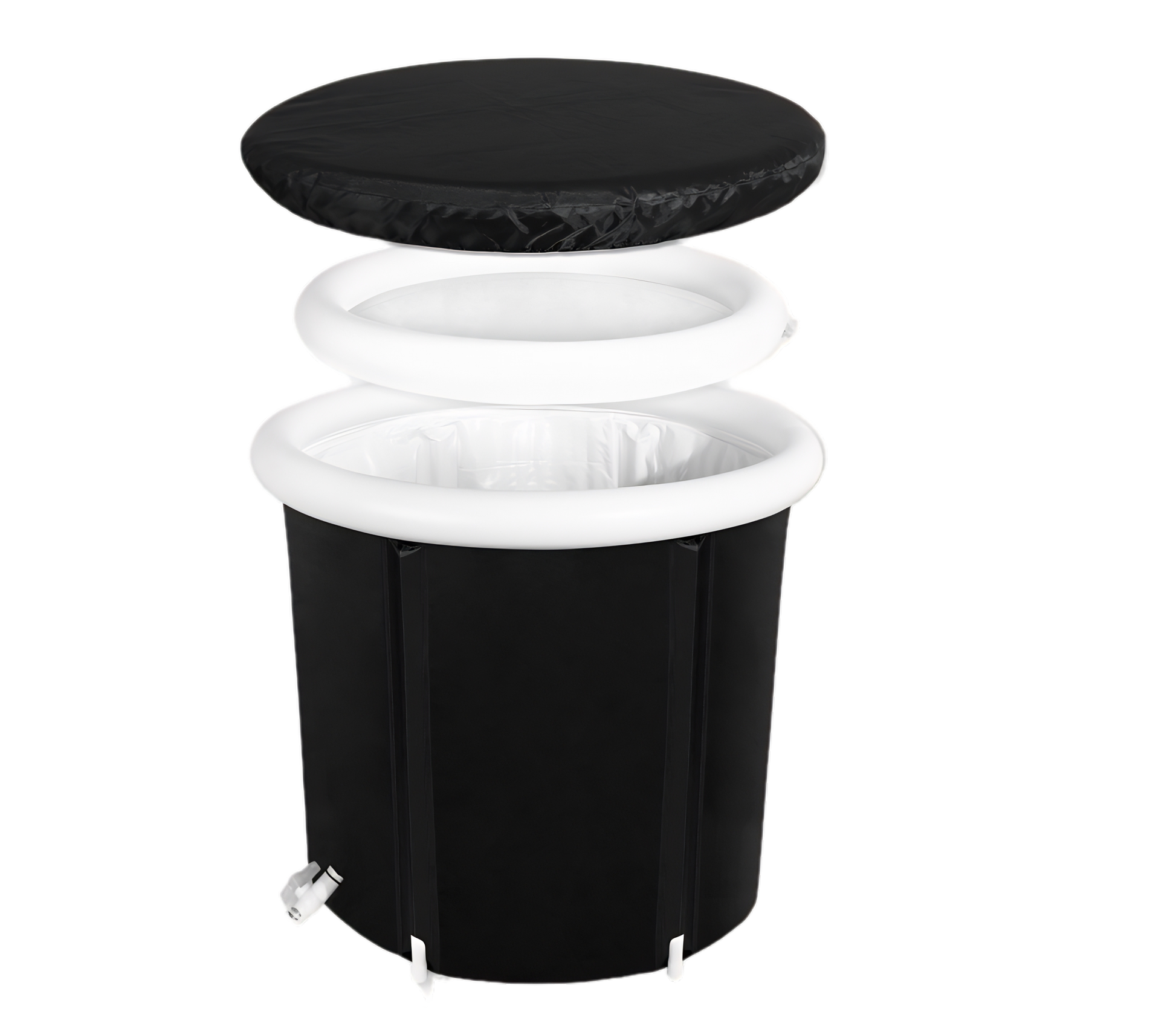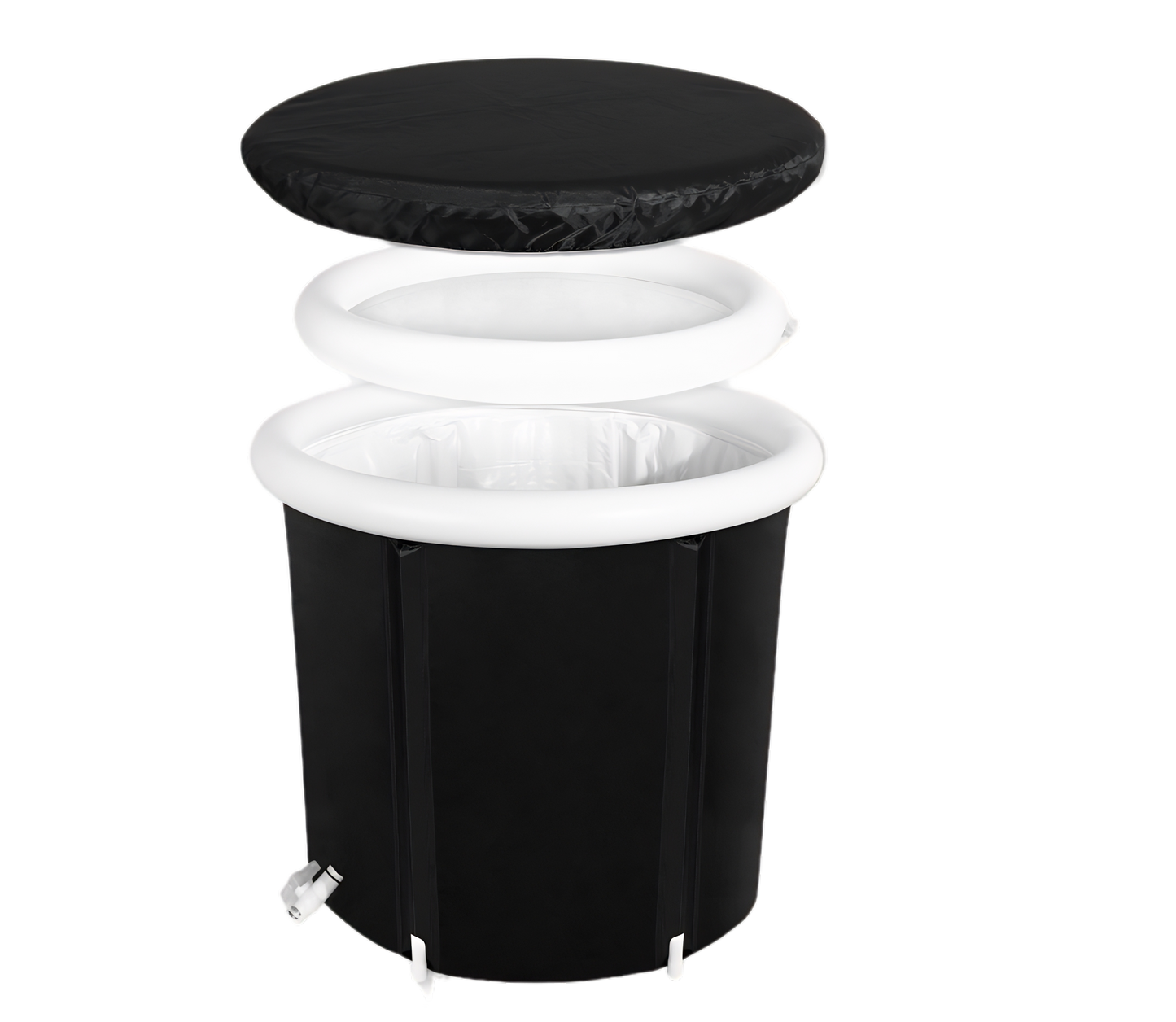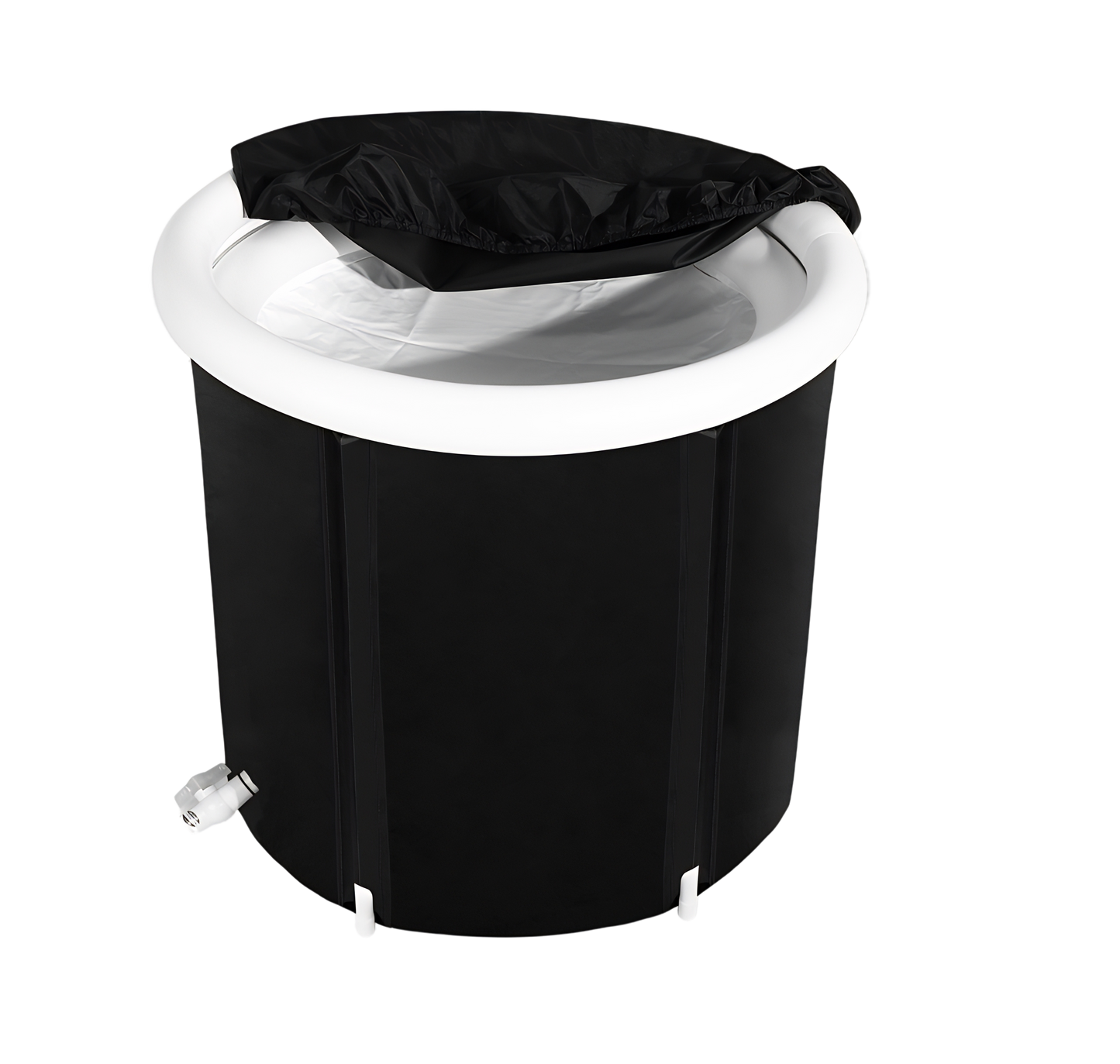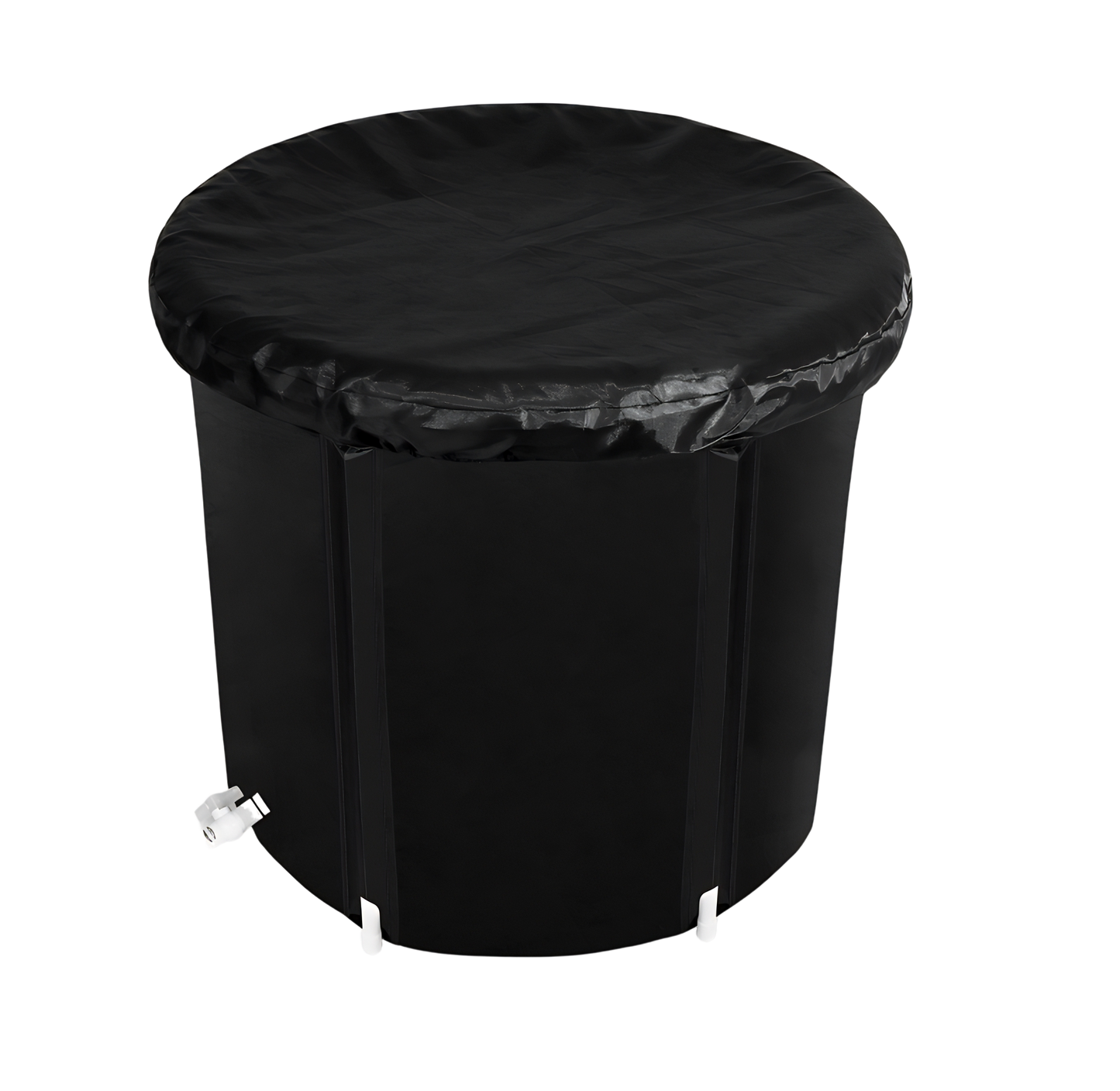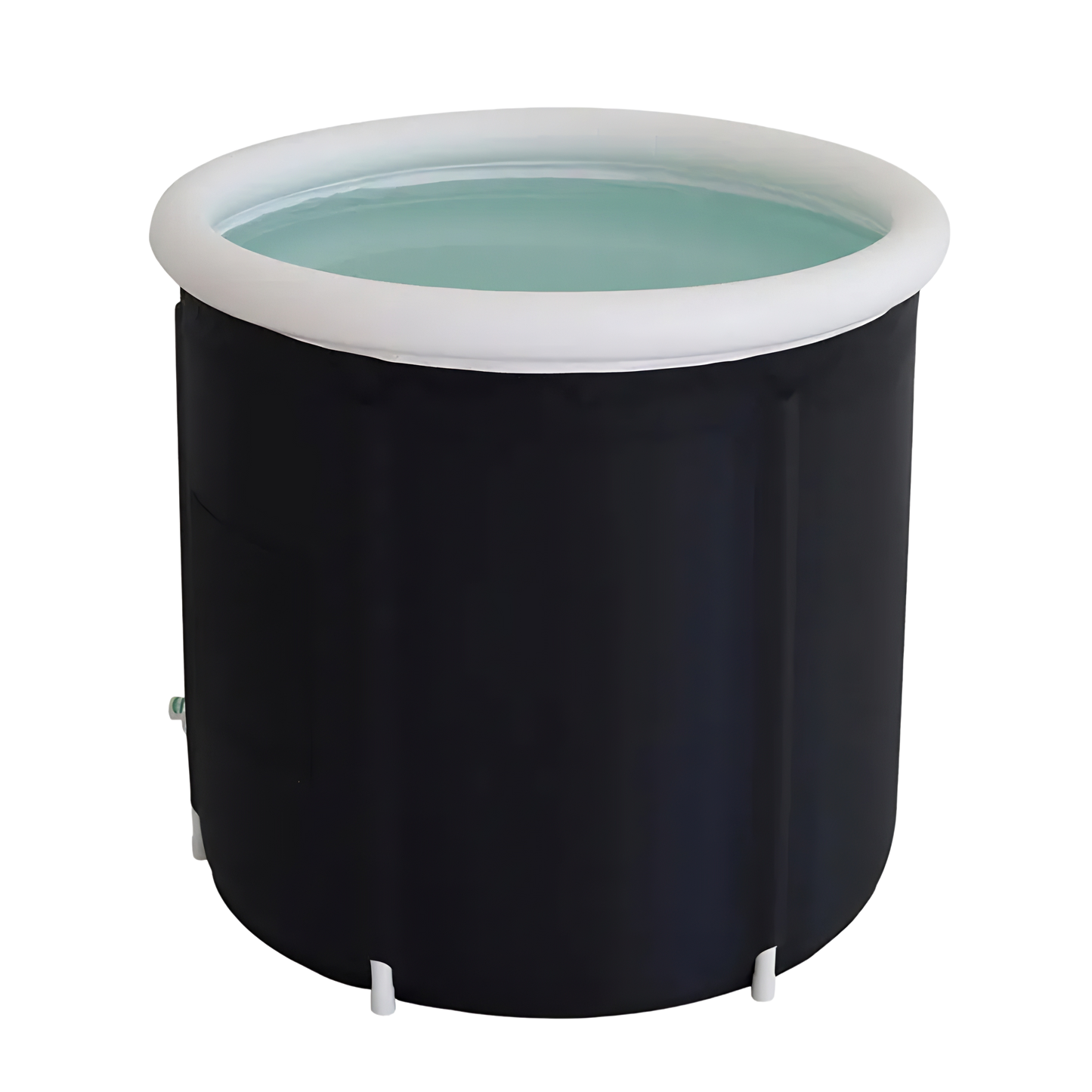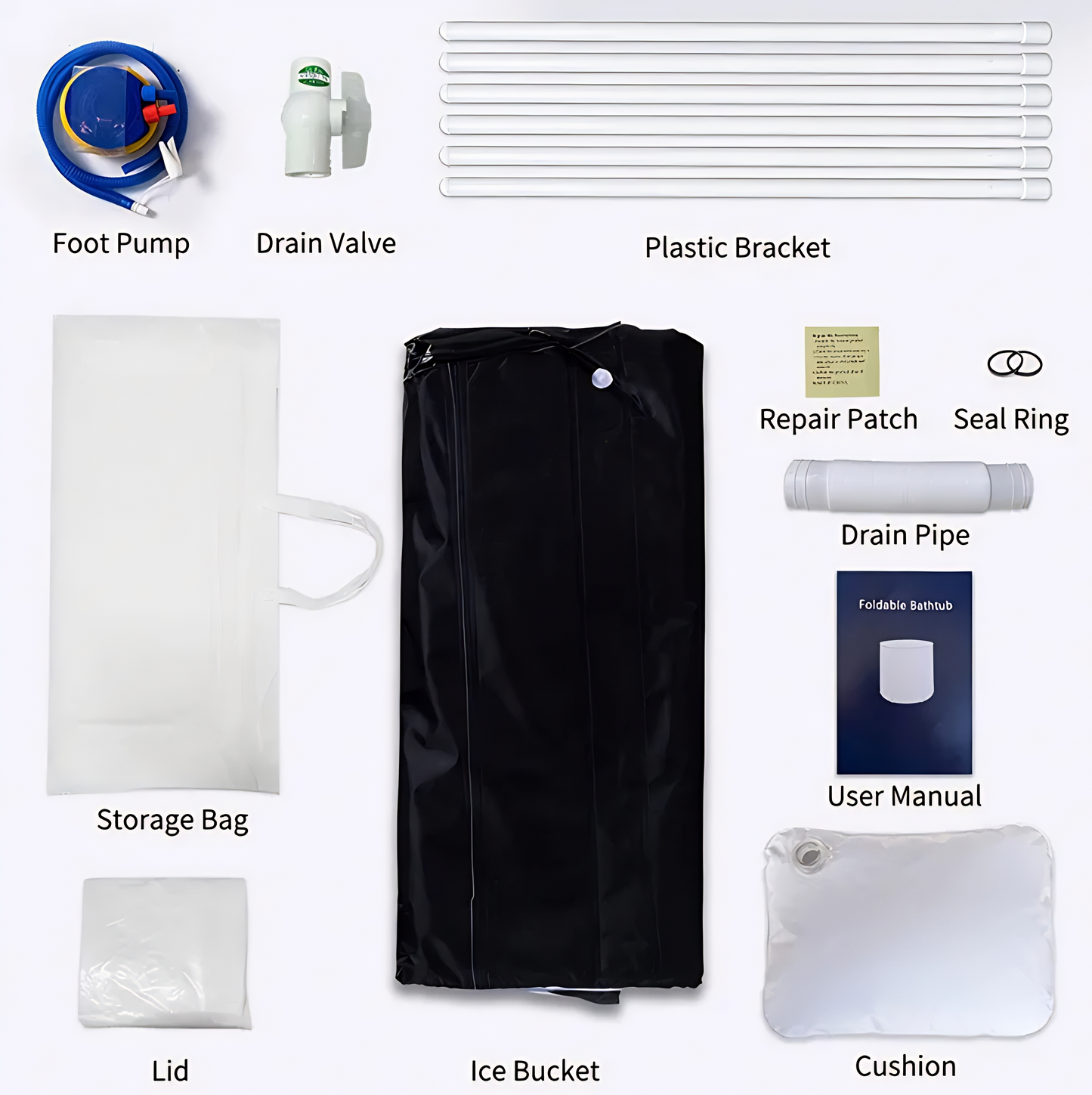Key Takeaways
- Ice baths are generally considered safe during pregnancy.
- They offer potential benefits like mood enhancement and improved insulin sensitivity.
- Pregnant women should consult healthcare providers before starting ice baths.
- Individual health circumstances are crucial in determining the safety of ice baths during pregnancy.
Regarding the question 'Are ice baths safe when pregnant?', the consensus among experts and studies suggests that ice baths can be safe during pregnancy, but with caution. Experts like Dr. Josephine Worseck affirm the general safety of cold water therapy for pregnant women, noting its potential benefits in mood enhancement and stress management. Research also indicates that cold exposure may positively impact gestational diabetes and insulin sensitivity. However, it's crucial for pregnant women to consult with their healthcare provider and consider their individual health circumstances before engaging in ice bath practices.
Ice Baths and Conception: Observations and Expert Insights
Reports indicate that some women have integrated ice baths into their routines, particularly when trying to conceive. There are anecdotes of couples achieving successful conception soon after starting regular cold exposure practices. Although a direct link between ice baths and fertility is not definitively established, the metabolic and hormonal benefits of cold water immersion might contribute to this phenomenon. However, it's noted that women often reassess their cold immersion habits after confirming pregnancy. The use of ice baths for conception is common, but continuing the practice during pregnancy is a decision that varies, highlighting the importance of a cautious and personalized approach in this delicate phase.
Are Ice Baths Safe When Pregnant? An Expert's Perspective: Dr. Josephine Worseck
Dr. Josephine Worseck, renowned as a Wim Hof Instructor and author, provides insights on the safety of cold practices during pregnancy. She illustrated this by sharing an image of her pregnant sister engaging in cold water immersion, suggesting its safety during pregnancy. Dr. Worseck discusses how deliberate cold exposure might affect conception, particularly its role in modulating immune responses, such as the increase in natural killer cells, which could influence the implantation of a fertilized egg differently across individuals. Although she cautions against the practice of Wim Hof breathing techniques by pregnant women, Dr. Worseck acknowledges the potential, yet unexplored, benefits of cold plunging during pregnancy.
Cold Exposure Benefits During Pregnancy: A Comprehensive Overview
Research into the benefits of deliberate cold exposure during pregnancy, thanks to (Seager, 2021), reveals significant insights. Benjamin Bikman, PhD, a metabolism expert and author of "Why We Get Sick" (2020), and a Professor of Cell Biology and Physiology at Brigham Young University, describes pregnancy as a state of physiological insulin resistance. This natural condition, heightened by increased progesterone and human growth hormone, can lead to gestational diabetes in women with pre-existing insulin resistance.
Supporting this view, a Canadian study (Retnakaran et al., 2018) found that over 20% of pregnant women were diagnosed with gestational diabetes. The study suggests that cold exposure, known to improve insulin sensitivity, might help reduce gestational diabetes, especially in colder months. Similarly, research involving over one million pregnant Chinese women showed that those with more cold exposure had a lower risk of premature birth compared to those exposed to higher temperatures.
A study focusing on Australian women (Jiajia et al., 2019) highlighted the risks of adverse birth outcomes, like stillbirth, during heat waves, particularly in the first trimester. However, a review by McMurray & Katz (2012) suggests that cold exposure generally poses minimal risk to the fetus, except in cases of extreme maternal hypothermia.
Further research (Wainstock & Yoles, 2018) indicates that cold exposure in winter can increase insulin sensitivity and lower blood glucose levels. Therefore, regular ice baths during pregnancy might be a protective measure against gestational diabetes, a time when the risk of metabolic disorders is heightened.
Beyond metabolic benefits, there are emotional and psychological advantages to deliberate cold exposure during pregnancy. A study by Gundle & Atkinson (2020) hypothesizes that women who engaged in pre-pregnancy cold water swimming could see improved obstetric outcomes. Such regular practices are associated with enhanced mood, reduced stress, increased energy, and stronger immune systems, known as "the stress response."
Ice Baths and Breastfeeding: Insights and Safety
The question of whether ice baths are safe during breastfeeding often arises, especially considering the mood-boosting effects of cold water therapy, which can be particularly beneficial in the post-partum period. Many new mothers, grappling with low mood or post-partum depression, wonder if they can safely continue their ice bath routine while breastfeeding.
Dr. Josephine Worseck, an expert in cold water therapy, affirms that ice bathing during breastfeeding is generally safe. She shares her own experience of using cold showers regularly in her post-partum period without any adverse effects on milk flow. About four or five weeks later, she successfully reintegrated ice baths into her routine and reported positive outcomes.
A common concern among breastfeeding mothers is whether the stress induced by an ice bath might negatively impact milk production. However, Worseck believes this is not the case. She explains that the short-term stress from an ice bath actually triggers a healthy response in the body. It can increase dopamine levels, enhance mood, and stimulate a beneficial hormetic response. In contrast, she notes that long-term stressors, such as post-partum isolation or returning to work after maternity leave, can have more significant health impacts. The brief stress from an ice bath, in her view, can help the body learn to manage stress more effectively.
Final Thoughts
In summary, this article has shed light on the various aspects of using ice baths during pregnancy, from their safety and benefits to considerations for breastfeeding mothers. We've explored expert opinions and research findings, offering a well-rounded perspective on this intriguing topic. For those seeking a deeper understanding, we invite you to read our detailed article, "Can You Do Ice Baths While Pregnant," which delves further into the nuances and scientific insights of cold water therapy during pregnancy.
Disclaimer:
The information provided in this article is for educational and informational purposes only and is not intended as medical or health advice. While we strive to provide accurate and up-to-date information, we are not health professionals. Therefore, any reliance you place on such information is strictly at your own risk.
Pregnancy is a sensitive period, and what might be safe for one individual may not be for another. We strongly recommend consulting with a healthcare provider or medical professional before making any decisions regarding ice baths or any other health-related practices during pregnancy. This article does not substitute for professional medical advice, diagnosis, or treatment.
We do not accept any responsibility for any liability, loss, or risk, personal or otherwise, incurred as a consequence, directly or indirectly, from any information or advice contained here. By reading this article, you acknowledge and agree that neither the author nor the website is liable for any losses or damages that may arise from your choice to use or not use the information provided.

